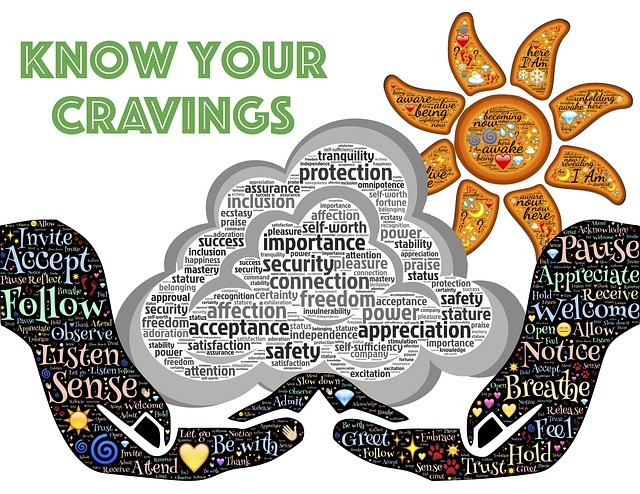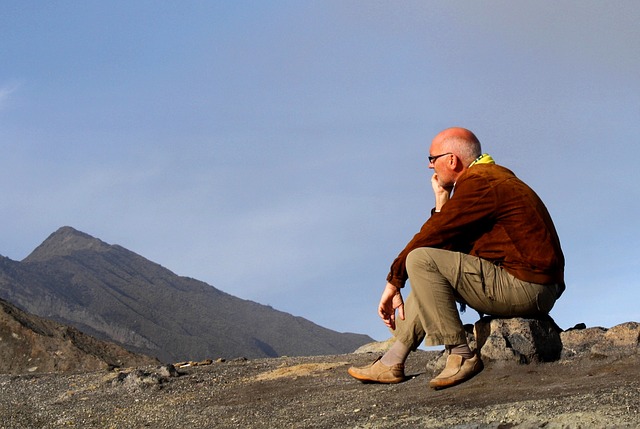Be Bold, Be Creative
In recent blog posts, I have identified how mindfulness opens the way to creative ideas through: avoiding negative thoughts and stories; and opening up to the mind’s spaciousness through stillness and silence. However, it is one thing to generate creative ideas; it is another to act on them. Being creative requires boldness. The very definition of … Continue reading “Be Bold, Be Creative”









